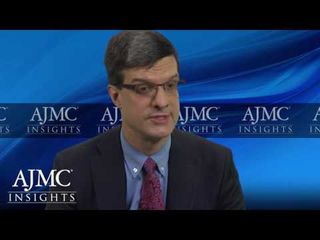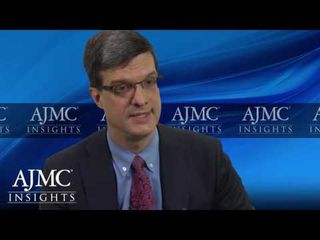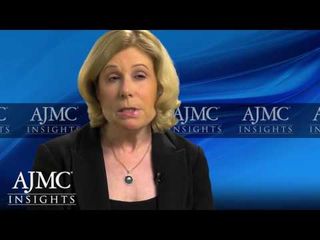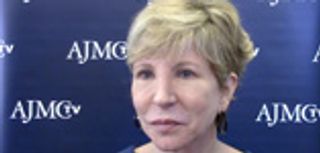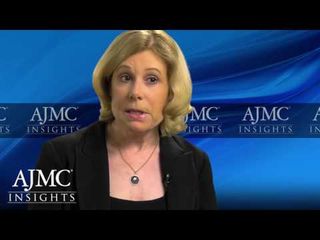
Health Care Cost
Latest News


What We’re Reading: Medicare Advantage Changes; RSV Vaccine Effective; Brain Scans Show Obesity Differences

What We’re Reading: Cancer Moonshot Update; ACA Premiums Increasing; Medicaid Coverage Protection Ending
Latest Videos

CME Content
More News

The Protocol AC study analyzed visual acuity gains and cost if patients with diabetic macular edema started on bevacizumab, which costs less, and switched to aflibercept later, explained Jennifer K. Sun, MD, MPH, associate professor of ophthalmology and chief of the Center for Clinical Eye Research and Trials, Harvard Medical School; and chair, DRCR Retina Network.

The province of Newfoundland and Labrador and the territory of Yukon both announced biosimilar switching policies, bringing Canada to a total of 10 out of 13 jurisdictions have a policy in place.
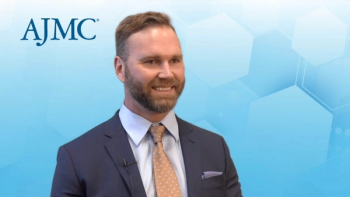
For employers, keeping members engaged with their health care is one of the key factors that leads to better outcomes, said Jeremy Wigginton, MD, vice president of health quality and innovation at Blue Cross and Blue Shield of Louisiana.

Panelists at the Value-Based Insurance Design Summit discussed research and reforms to address the high cost of medications and the impact it has on equitable access to treatment.
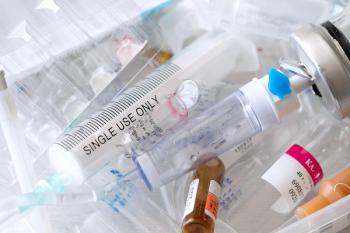
Implementing a strategy that focuses on dose rounding for chemotherapies can have a 3-fold impact of decreasing drug costs, minimizing drug waste, and improving treatment efficiency. This strategy and its benefits were explored in a session on day 2 of AMCP 2023.
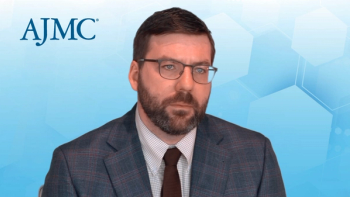
Some challenges linking medication adherence to medical cost offsets include the potential of reverse causality, omitted variable bias, how adherence is measured between studies, and the outdated nature of some of the most-cited literature, said Ben Urick, PharmD, PhD, principal health outcomes researcher at Prime Therapeutics.

On the first full day of conference activity at AMCP 2023, a morning session examined prior authorization (PA) through a lens of refining the current process and the potential role of clinical trial data in PA criteria.

Minnesota looks to create abortion refuge for patients and providers; Moderna’s expected price single dose of COVID-19 sits at $130; FDA staff sees a "clinical benefit" in Biogen’s ALS drug.

Gov. Mark Gordon sings a ban on the use of abortion pills in Wyoming; a new study shows that Affordable Care Act has reduced racial disparities in health care; California Gov. Gavin Newsom announces a contract to make affordable insulin.

A substantial proportion of families of privately insured children with sickle cell anemia pay more than $100 for essential stroke screenings, a high-value service.

Preventing tobacco use has saved Californians billions, according to recent research.

Biosimilars may not be perfect, but they are, at the very minimum, helping to make cancer therapies a little bit more accessible, said Andre D. Harvin, PharmD, MS, executive director of pharmacy, oncology, Cone Health.

The high court in North Dakota voted to protect abortion in that state; an outside panel of FDA expert advisors voted to support a full approval for Paxlovid; Sanofi follows competitors' price caps for insulin.

Spending on novel therapies in high-risk bladder cancer had minimal impact on Oncology Care Model payments to practices, according to this cohort study and an average performance estimation.
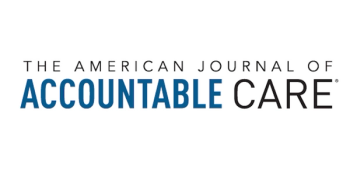
A health system transformational leadership framework and management system made visible and eliminated defects in value and was associated with reduced annual Medicare expenditures and increased quality between 2017 and 2020.

The Biden administration released the list of 27 Medicare Part B drugs that are subject to rebates back to the government for having price increases that rose faster than inflation as well as the removal of out-of-pocket costs for some vaccines covered under Part D.

The authors analyzed cost and utilization changes for sepsis and pneumonia non–COVID-19 episodes prior to and during the pandemic, and during the pandemic for patients with and without COVID-19.

Optimizing utilization of sacubitril/valsartan for treatment of heart failure could improve provider performance in the Bundled Payments for Care Improvement initiative and the Medicare Shared Savings Program.

With the rapid decline in average sales price of reference pegfilgrastim products due to biosimilar competition, health care institutions and payers may grapple with coverage of Neulasta Onpro.

A session at the Association of Community Cancer Centers (ACCC) 2023 Annual Meeting and Cancer Center Business Summit highlighted ongoing issues in oncology policy and payment, from the Cures 2.0 Act to 340B drug reimbursement.

Jeff Hunnicutt, CEO of Highlands Oncology Group, explains the 2 risk options provided under the Enhancing Oncology Model (EOM) and why the mandatory downside risk might give pause to practices that saw some success in the Oncology Care Model.

Panelists at the keynote session of the Value-Based Insurance Design Summit highlighted what their organizations are doing in health equity.

A new resource from the National Alliance of Healthcare Purchaser Coalitions aims to help plan sponsors adopt biosimilars into their pharmacy benefit plans.

Samyukta Mullangi, MD, MBA, oncology fellow at Memorial Sloan Kettering Cancer Center and incoming medical director at Thyme Care, spoke on financial toxicity, heterogeneity of cancer, and other complex factors in oncology care systems that may perpetuate disparities in health care outcomes and delivery among patients.

Cyber attacks on health care are raising cyber insurance costs; Democrats and Republicans clash over what constitutes a cut vs a reform; rural hospitals begin conversion under a new federal payment program.
